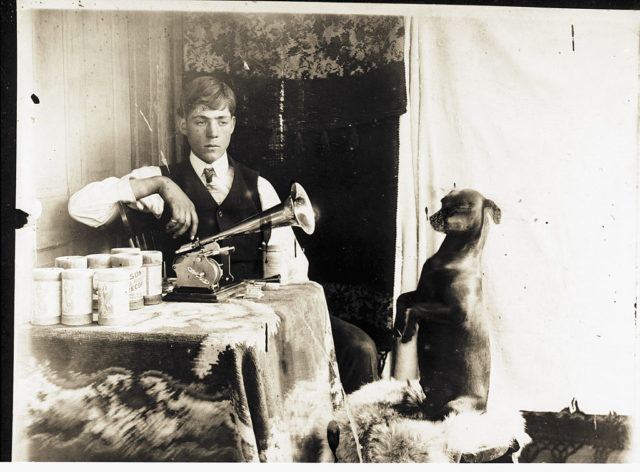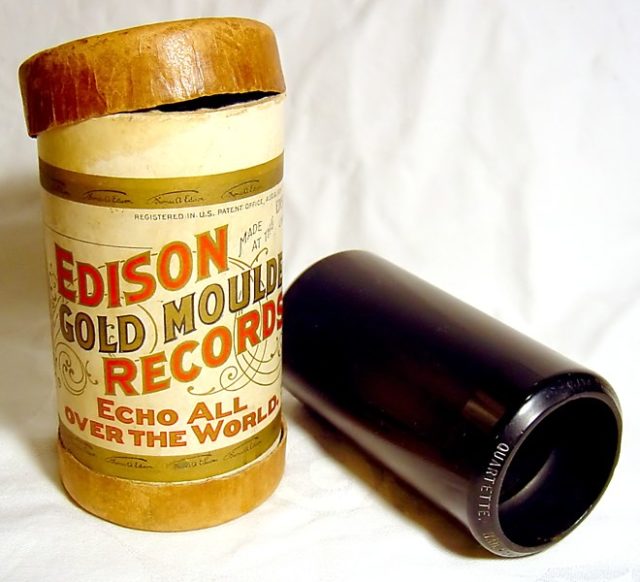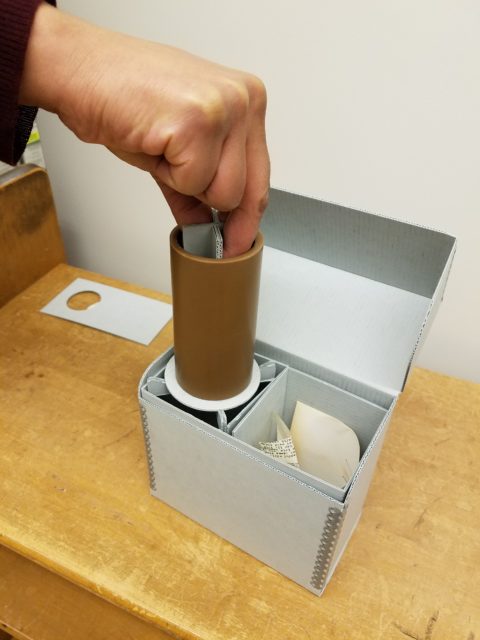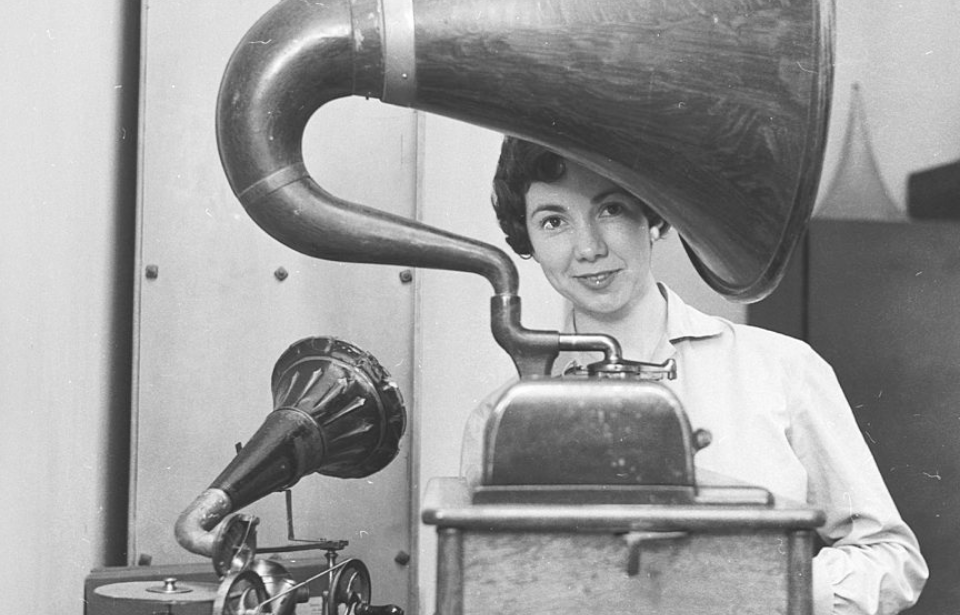Long before Apple Music and Spotify, there were wax cylinders – the earliest mass-produced way for people to listen to commercial recordings and record themselves. These wax cylinders were game-changers in the later nineteenth century. People could slide a blank cylinder onto their Edison phonographs and record themselves and their surroundings. However, because they are incredibly fragile, these cylinder recordings were considered unplayable by those living in the modern age – at least until now.

The earliest wax cylinders were extremely fragile. They would deteriorate after a couple of listens if they were played on the Edison phonograph machines. They were also known to crack if someone held them in their hand for too long. Similarly, the wax tubes that held the cylinders also went unlabeled, making their contents a mystery.
These recordings will not remain a mystery for much longer. The New York Public Library for the Performing Arts, which has a collection of these wax cylinders, recently acquired an Endpoint Cylinder and Dictabelt Machine. This modern machine, invented by Nicholas Bergh, can digitize wax cylinders thanks to a laser and needle combination. The Endpoint Cylinder and Dictabelt Machine can even digitalize broken cylinders.

This new machine will allow the New York Public Library for Performing Arts to finally listen to the “Mapleson Cylinders.” This collection of cylinders was recorded by the Metropolitan Opera librarian Lionel Mapleson, primarily from 1901 to 1903. Mapleson recorded opera rehearsals and performances on these cylinders. The Mapelson Cylinders are the only way listeners can hear pre-World War I opera singers performing with a full orchestra.
Bob Kosovsky, a librarian in the music and recorded sound division, stated that the Mapleson Cylinders “represent the first extensive live recordings in recorded history.”

Kosovsky explained that some of the opera singers sang completely different than a modern-day opera singer would perform, “and that gives us a sort of keyhole into what things were like then.” He continued, “It’s a way of opening our minds to hear what other possibilities exist.”
More from us: History’s First Talking Doll – The Creepy Voice that Terrified Children
It will still be a few years before the entire wax cylinder collection housed at The New York Public Library for the Performing Arts will be digitized. However, once this process is complete, listeners throughout America who have access to a computer will be able to hear these mysterious tapes. We will get to learn how people sounded over one hundred years ago, from the comfort of our own homes.
